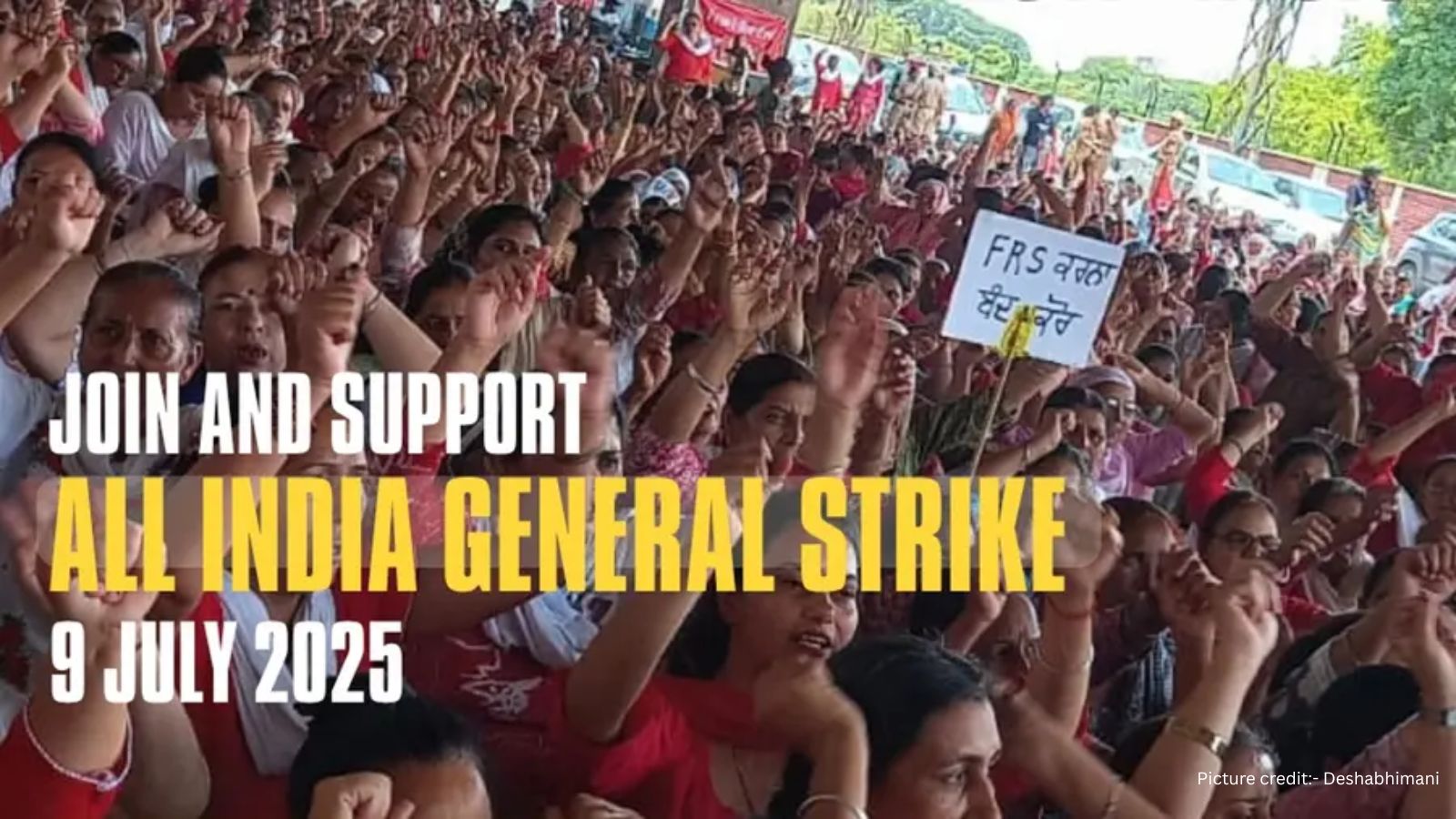Strategic risk overview of the July 9th general strike involving bank and trade unions across India, analyzing impacts on business, mobility, safety, and operations.
Introduction
India faces an all-India general strike on 09 July 2025. Historically, such strikes disrupt daily life, financial services, logistics, and transport. This document assesses potential operational, regulatory, and social impacts to guide contingency planning and organizational preparedness.
What is Risk Analysis in the Context of Civil Strikes?
Risk analysis in the context of general strikes focuses on predicting disruptions caused by coordinated union-led protests affecting public life, business operations, and essential services. It enables early warning, alternate planning, and safety assurance.
Executive Summary: Moderate-High Risk Level
- Date of Incident: 09 July 2025
- Location: Nationwide – Key metro cities and capitals
- Risk Category: Civil Disturbance
- Severity Score: 3/5
- Confidence Level: 90%
Banking and transport unions across India will participate in the 09 July strike. Temporary closures, business disruption, and travel delays are likely across Delhi, Mumbai, Bengaluru, and other cities. Widespread violence is not expected but isolated incidents are possible.
Known Hotspots and Sensitive Areas
Key sensitive areas include major bank headquarters (e.g., State Bank of India main branches), Reserve Bank of India offices, Parliament Street in Delhi, Mantralaya in Mumbai, and Vidhana Soudha in Bengaluru, which are common protest gathering points. Railway stations and major bus depots (e.g., Delhi’s Anand Vihar, Mumbai’s Dadar, Bengaluru’s Majestic) are also sensitive due to high footfall and potential for transport-related protests.
Impact on Transport and Utilities
- Road: Major arterial roads leading to financial districts, government offices, and transport hubs in metropolitan areas like Delhi (e.g., Connaught Place surrounding roads, India Gate vicinity), Mumbai (e.g., Nariman Point access roads, CST area), and Bengaluru (e.g., MG Road, Vidhana Soudha area) are highly susceptible to blockades and heavy traffic, as seen in past strike events.
- Public transport, including city buses, auto-rickshaws, and taxis, is expected to face significant disruption due to reduced service availability and potential intimidation. Inter-city bus services may also be curtailed.
- Railway services, particularly local suburban trains in Mumbai and Kolkata, could see delays or cancellations due to rail blockades or staff absenteeism.
- Air travel itself is less likely to be directly affected, but access to airports will be severely hampered by road closures and limited ground transport.
- Direct utility damage is highly unlikely as general strikes are not typically aimed at infrastructure sabotage. Essential services like electricity, water, and internet are generally maintained, though localized and temporary disruptions due to staff absenteeism or protest-related access issues for maintenance crews could occur in isolated pockets.
Recommended Actions
- Implement remote working for all non-essential roles.
- Advance payroll and banking operations by 08 July.
- Secure facilities, deploy emergency security resources, and limit non-critical access.
- Keep clients informed and activate alternate communication channels.
- Pre-arrange logistics for critical shipments or delivery reroutes.
Emergency Contacts
- Police: 100
- Fire Department: 101
- Ambulance: 108 / 102
- National Emergency: 112
- Delhi Police Control Room: +91-11-23490000
Final Thoughts
The strike is expected to moderately impact India’s banking, transport, and commercial sectors. Clear communication, remote readiness, and proactive safety protocols can help organizations ensure continuity and safety during the 24–48-hour disruption window.
Stay ahead of operational risks with real-time alerts, scenario modeling, and expert advisories. Start your 14-day free trial of Datasurfr’s Risk Intelligence Platform today.






